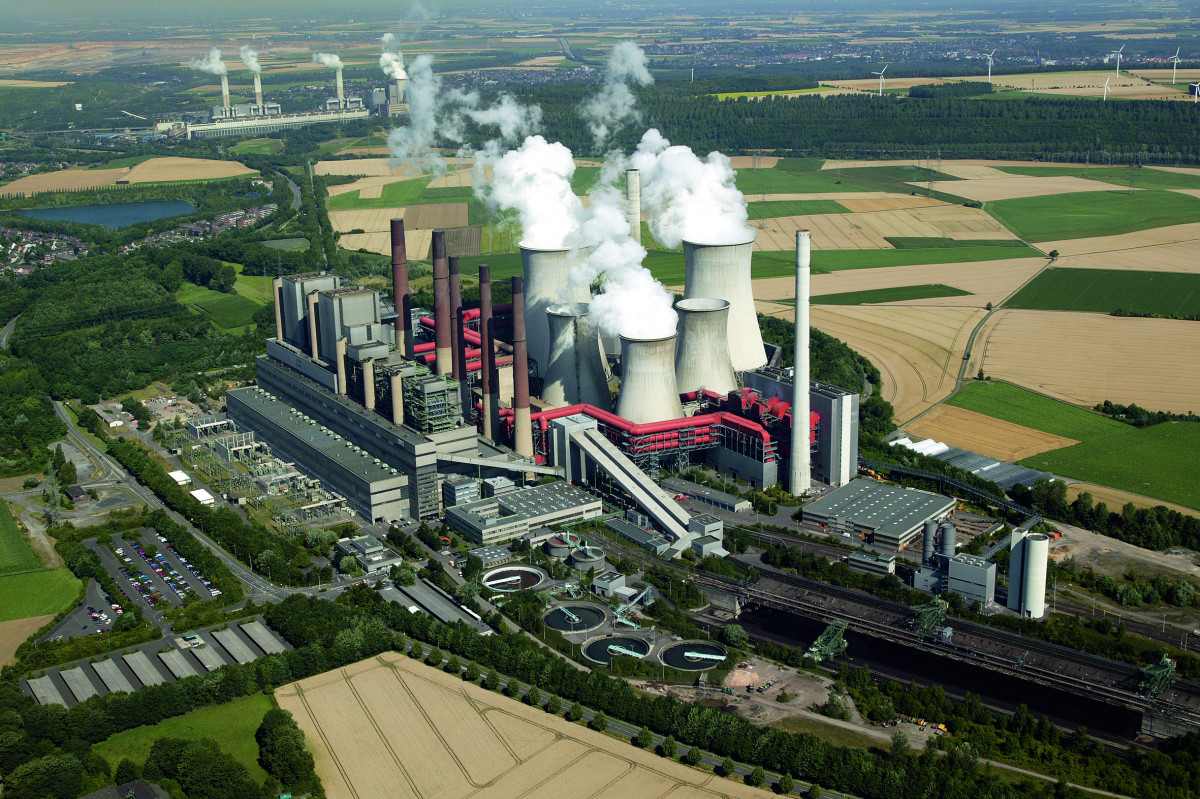EU can reduce 2030 emissions by 60 percent - German environment agency
Clean Energy Wire
The European Union as a whole could reduce its greenhouse gas emissions by more than 60 percent by 2030 compared to 1990 levels, but the decisions about instruments and measures have to be taken quickly, the German Environment Agency (UBA) has m said in a paper. A speedy reform of the European Union Emissions Trading System (ETS) is a main instrument, UBA head Dirk Messner told journalists during a briefing. “It can and should ensure a large part of the necessary emissions reduction by 2030.” Emissions in the ETS would have to fall by 66 to 71 percent to reach an overall 60 percent target, and the UBA is calling for a short-term reduction of allowances in the system instead of losing several years through a lengthy reform process.
In addition, the UBA calls for more emission reductions in sectors such as building and transport. It warns that adjusting the current national targets in these “effort sharing” sectors would entail difficult and lengthy negotiations. Thus, the agency proposes the introduction of emissions trading for fuels used here as well – a proposal already widely discussed. The new system would have to be initially kept strictly separate from the ETS to ensure the necessary financial incentive for progress in the sectors. Aside from these proposals, the UBA calls for more ambitious EU-wide measures, suchas greater support to modernise buildings and higher CO₂ limits for cars. The agency also proposes that member states make voluntary additional greenhouse gas reduction efforts in return for EU funds under a so-called “gap-filling mechanism”.
The European Commission has proposed an increase of the 2030 climate target to “at least 55 percent”, a target supported by many member states, including Germany – and states aim to find agreement on their positions at a meeting in December. Raising the target requires a set of actions across all sectors of the economy. The agency’s paper is meant as input for the difficult and important debate on instruments and measures to implement a new target once it is agreed. “Now it is time to put options on the table,” said Messner. The European Commission plans to make legislative proposals on all major energy and climate legislation by June 2021, including the EU Emissions Trading System; the Effort Sharing Regulation; the Land Use, Land Use Change and Forestry Regulation; the Energy Efficiency Directive; the Renewable Energy Directive; and the CO2 Emissions Performance Standards for Cars and Vans Regulation, as well as the planned carbon border adjustment mechanism.


